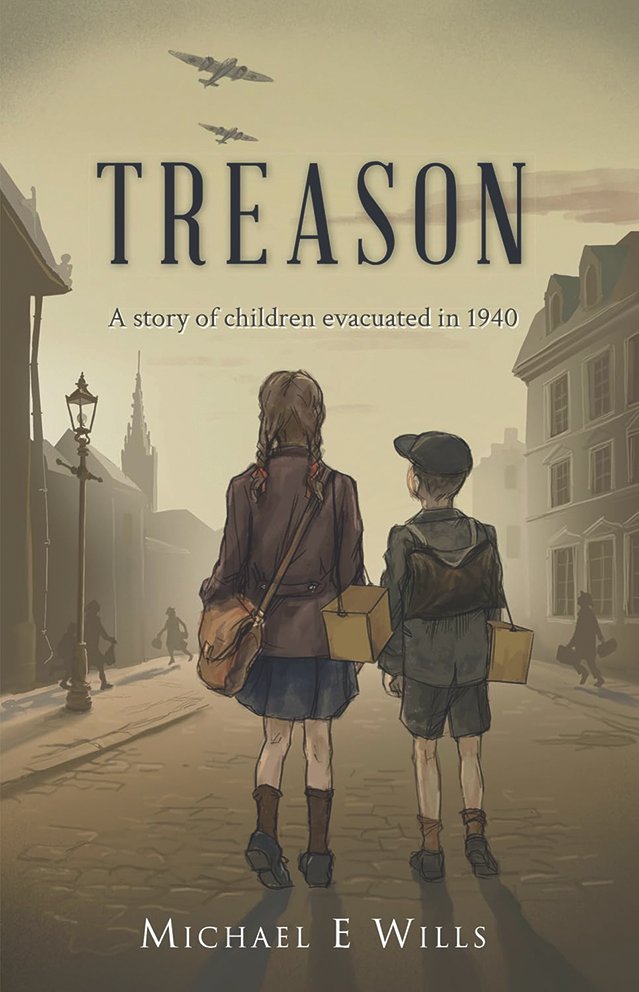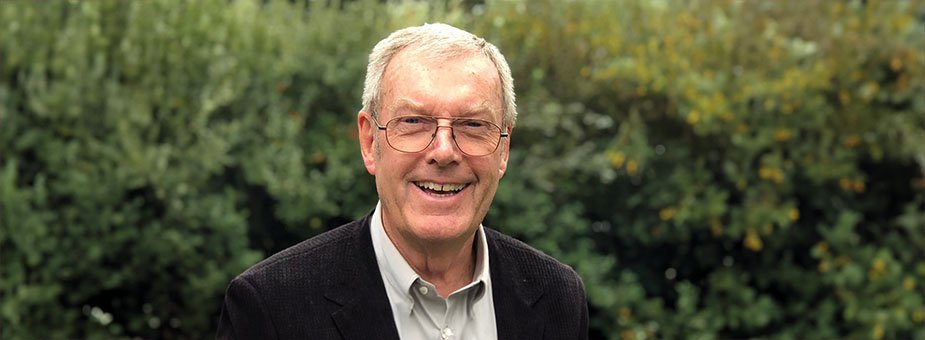Michael Wills discusses his transition from teaching to writing historical novels, drawing inspiration from personal experiences, rigorous research, and hobbies like medieval history and sailing.
Michael Wills is a remarkable figure whose journey through the world of education and literature is nothing short of inspiring. Born in Newport on the Isle of Wight, Michael’s early education and subsequent teaching career laid a strong foundation for his later accomplishments. After teaching mathematics and physical education, he transitioned to teaching English as a Foreign Language in Sweden, and eventually founded the Salisbury School of English upon his return to the UK. His leadership in the educational field extended to his roles as President of the Salisbury Chamber of Commerce and Industry and Co-Chair of English UK.
In this interview, Michael shares how his extensive career in education has influenced his approach to writing, especially his historical novels that resonate deeply with both young and adult readers. He discusses the personal experiences and family stories that inspired his books, the rigorous research process behind his historical narratives, and how his diverse hobbies, from medieval history to sailing, enrich his storytelling. Michael also offers a glimpse into his role as Ombudsman for English UK and reflects on the parallels between resolving conflicts and crafting suspenseful narratives.
Your background in education spans over four decades, including founding and managing the Salisbury School of English. How has your experience in education influenced your writing, particularly in crafting stories about children and young adults?
My earliest memory of wanting to write goes back much further! In 1953, I put together a collection of magazine and newspaper clips about the historical background to the coronation of Queen Elizabeth, linking them with my own written contributions. I used it with a group of friends. We flattened the overgrown grass in the garden of a bombed out building and I enthusiastically read the information to them. I thought the lesson went well, but the second afternoon, only two friends turned up. It was a harsh lesson in not assuming that everyone was as fascinated about history as I am! Much, much later, after many years of teaching children, teenagers and adults, I retain the enthusiasm of my childhood and I hope that comes over in my books, but I am acutely aware that to justify the time investment of my readers, my stories must catch their imagination and grip their attention. This applies to readers of all ages, including, or perhaps especially, young people. A child will abandon a dull read as quickly or even quicker, than an adult!
Your novels Treachery, Treason and Trouble, delve into the lives of children evacuated during World War II. What inspired you to explore this historical period, and how did you approach researching and portraying the experiences of evacuees?
Simply put, the main inspiration came from my grandchildren! It seems that primary school children in UK all have a series of lessons about the Second World War. All eight of my grandchildren at some time have asked me to tell them about the war. This I did very willingly as the period interests me greatly. I had realised that, as a child having survived the bombing of my hometown in 1942, living through a long period of food shortages and tasting sweets for the first time on 5th February 1953, I was uniquely placed to be used as a living, learning resource.
Another source of inspiration was that I grew up on the Isle of Wight, a place which is still very dear to my heart, and I had for some time wanted to involve the Island in my writing. The third inspiring factor for the three stories evolved from my experience as a language school principal. A vital aspect of a happy stay for a foreign student in England is accommodation. My wife’s role in our school was to manage the choice of suitable host family accommodation with exacting criteria, for children and adults, sometimes over four hundred students at a time. I found myself wondering how the evacuation of over three million children from London and other cities during the war was managed. My research showed a quite horrifying lack of consideration of how accommodation for these young children was selected. The essential criterion was that a house was perceived by the authorities to have enough spare space to accommodate a guest. There was no regard as to whether the occupants of the house were suitable to care for young children. Since the house owners were compelled to accept a lodger for an indeterminate length of time, there was a great deal of resentment against the scheme. Many children had a less than happy experience.
I wanted my protagonists to have a happy experience, but I also wanted them to get involved in exciting adventures to drive the stories, thus serving up the history with excitement. Finally, I wanted my evacuees to come from very different socio-economic backgrounds. I was intrigued to find out how they got on with each other!
The day sweets were taken off ration.
Your interests span from medieval history to amateur radio and sailing. How do these diverse hobbies inform your writing process, and do you find inspiration for your stories from your experiences in these areas?
I had wanted to work in the electronics undustry, but the careers master at my school insisted that there was no future in it and persuaded me to become a teacher instead. I maintain my interest in electronics as a hobby. Most recently, my technical knowledge helped when I was figuring out how the German spy in Treason, could communicate with her contact.
My knowledge of sailing was very useful in the portrayal of voyages from Scandinavia to England in my Viking novels, For the Want of Silver and Finn’s Fate. I made the voyage myself under sail and the description of a stormy passage is as real as it can be! However, the bedrock of my writing is my interest in medieval history. As a boy, I grew up in sight of Carisbrooke Castle, on the Isle of Wight. Visiting the ancient monument always did and still does, fire my imagination.
As the Ombudsman for English UK, you play a crucial role in resolving disputes within the English language training sector. How has this position influenced your perspective on conflict resolution, and do you find any parallels between your work as an ombudsman and your approach to writing suspenseful narratives?
My work as Ombudsman has to be very forensic. Every detail in a case must be examined closely so that my verdict is as fair as possible to each party in the dispute. This attention to minutia is also essential in doing research for an historical novel. However, what also carries over into my books is a strong sense that conflict outcomes in the plot should have a degree of fairness, albeit that these outcomes might be very much later in the story.
With your website dedicated to the evacuation of Dunkirk in World War II, you’ve shown a dedication to preserving and sharing history. How do you balance your passion for historical research with your creative pursuits as a writer, and what do you hope readers take away from your historical fiction novels?
It is very, very difficult not to put too much research into a novel. In the case of my book about the American War of Independence, The Wessex Turncoat, probably the most heavily researched book I have written, the editor put a red pen through at least a third of it and told me to either turn the book into a non-fiction work or strip out much of the surplus research to reveal a potentially exciting story. I chose the latter!
As regards the evacuation of Dunkirk, there is a novel waiting to be written! Apart from a strong family connection with the captain of one particular little ship, as a boy, mischievously playing in the harbour, I got to know the crews of other vessels, all of them volunteered to make the dangerous rescue voyage. Ordinary men who did an extraordinary thing. And there is the thing which prevails in my writing, the stories of common men and women. In historical fiction it is easy to fall into the trap of writing about kings, queens, generals, admirals or chieftains. The stories of those who served them, while often overlooked, can be a more rewarding and gripping read.
EDITOR’S CHOICE
Treason is a captivating, well-researched tale that vividly brings history to life through compelling characters and thrilling adventures.
Treason: A Story of Children Evacuated in 1940 is the first book in the Clifftop Farm in Wartime series by Michael E Wills. This historical novel offers a gripping and heartfelt portrayal of the lives of evacuated children during the Second World War.
The story centers around Judith, a twelve-year-old girl from a privileged background in London, and Alfie, an eleven-year-old boy from a working-class family in Portsmouth. Both children are evacuated to the Isle of Wight, where they are billeted at a farm run by the resilient Mrs. Orton, her son Jimmy, and her handicapped brother-in-law. The narrative beautifully captures the stark contrast between the children’s previous urban lives and their new rural existence.




